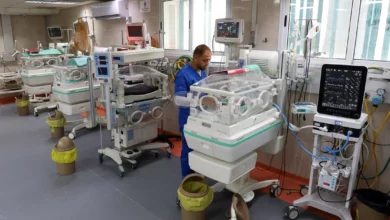
The new Egyptian government will press ahead with a smart card program for distributing fuel products that its predecessor had started before it was ousted by the military, the Finance Ministry said on Monday.
Subsidies of fuel products, which include natural gas and fuel oil as well as gasoline and diesel, for years have been a major drain on the finances of successive governments. They now eat up about a fifth of all state spending.
Vehicle owners would need the smart cards to buy gasoline and diesel at fuel stations. The cards would limit the leakage of fuel products to smugglers and ultimately make it easier to direct subsidized fuel to the most needy.
The government of deposed President Mohamed Morsy was preparing to extend to system to consumers after having issued smart cards in June to fuel stations and tanker trucks to monitor wholesale distribution.
"The next phase of the project, which will be implemented gradually over the months of July, August and September, will include issuing smart cards to follow up on the fuelling of cars and other vehicles," the Finance Ministry said in a statement.
The government will distribute an initial one million cards for vehicles that use diesel, followed by an five million cards for vehicles using gasoline.
Cards will also be issued for other users of fuel product such as factories, bakeries and farmers.
The amount of consumption will not be a limited, the statement said.
In May, when it began rolling out the program, Morsy's government said any fuel sold outside the system would be sold at cost and not at the free market price.
The military ousted Morsy, an Islamist, on July 3 after millions took to the streets to demand his resignation.
The smart card program was part of a package of austerity measures Morsy's administration had presented to win approval for a $4.8 billion loan it was seeking from the IMF.
Egypt's budget deficit has been running at around $3.2 billion a month, equivalent to almost half of all state spending.




